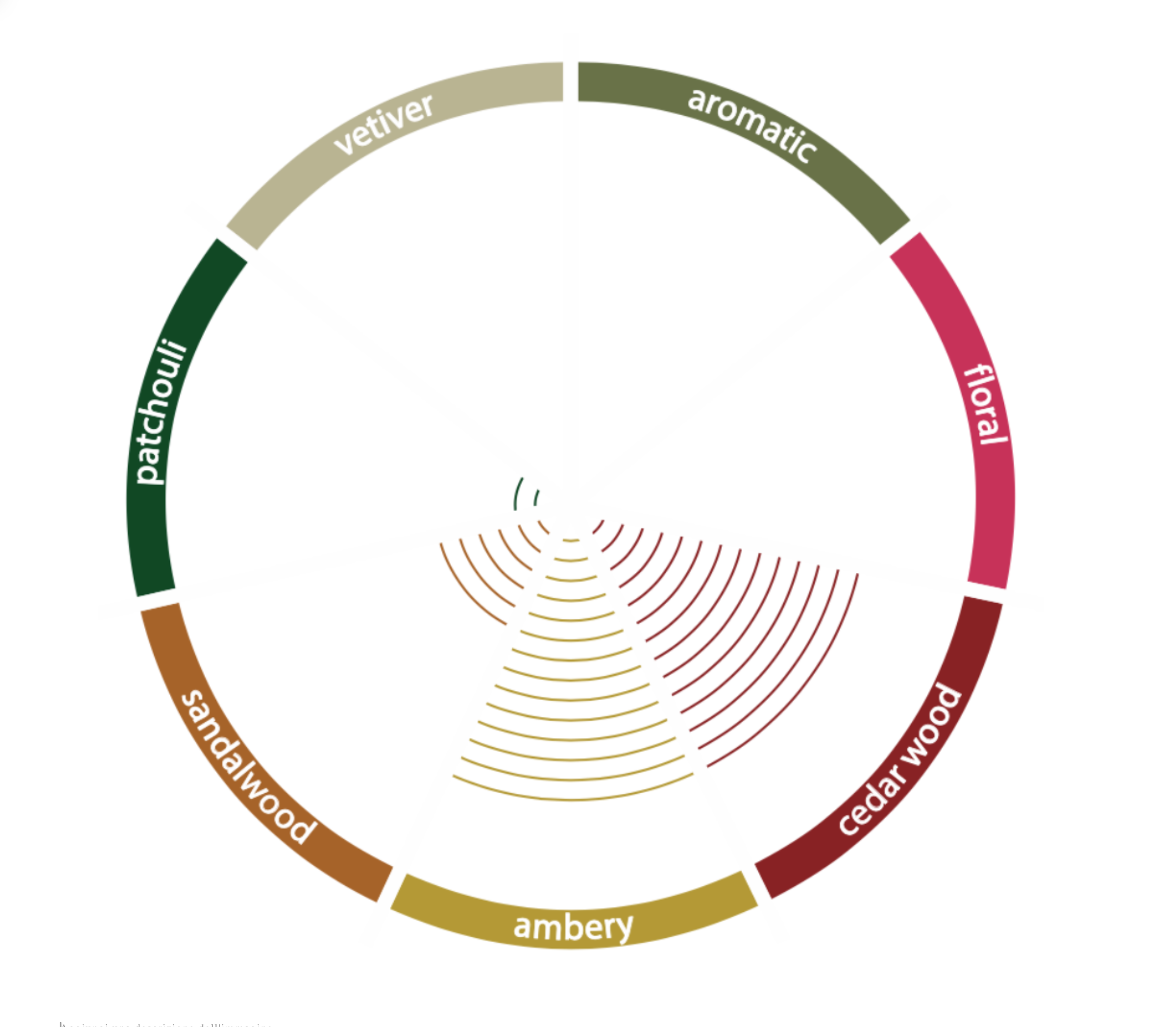Synthetic Ingredient Overview
🏭 Manufacturer: Symrise (originally Dragoco)
🔎 IUPAC Name: 1-(2,2,6-Trimethylcyclohexyl)hexan-3-ol (high-cis racemic mixture)
🧪 Synonyms: Timberol, High-Cis Iso E-Super Alcohol, HC Norlimbanol
🧬 Chemical Formula: C₁₅H₃₀O
📂 CAS N°: 57641-67-3
📘 FEMA: Not applicable
⚖️ Molecular Weight: 226.40 g/mol
📝 Odor Type: Woody-Ambery
📈 Odor Strength: Very high
👃🏼 Odor Profile: Dry, sharp, woody-ambery with cedarwood-like facets; clean and substantive
⚗️ Primary Uses: Woody and amber bases, masculine fougères, oriental accords, shampoos and lotions
🧴 Appearance: Colorless to pale yellow liquid
What is Timberol?
Timberol is a synthetic tertiary alcohol used in fragrance compositions for its dry, cedar-like, ambery profile. Its chemical identity is a racemic mixture of 1-(2,2,6-trimethylcyclohexyl)hexan-3-ol, particularly enriched in the cis isomer, which gives Timberol its sharp and linear olfactory character. It is part of a structural pair with its trans-rich counterpart Norlimbanol, produced by Firmenich, which is warmer and rounder in tonality.
The high-cis configuration of Timberol leads to a drier, more vertical aromatic behavior, with excellent substantivity and formulation stability. It does not oxidize easily and remains perceptible across various product formats, from fine fragrance to rinse-off applications.
Olfactory Profile and Perfumery Applications
Timberol is characterized by:
Dry woody-amber base: Highly substantive and clean
Sharp cedarwood accent: Adds structure to diffuse or creamy compositions
Linear, high-impact profile: Maintains clarity without becoming muddy over time
It is used extensively in:
Masculine woody scents: As a base structure with sharpness and depth
Amber compositions: Where a dry, non-sweet ambery tone is needed
Fougères and orientals: To reinforce contrast and prolong wear
Functional perfumery: Including shampoos, conditioners, and body lotions, where it provides lasting scent retention on skin and hair
Industrial and Technical Uses
Beyond fine fragrance, Timberol is used in:
Hair care (shampoos, leave-ins): Enhances woody freshness and longevity
Skincare and body lotions: Adds premium character to formulations
Home care fragrances: Stable under heat and humidity, useful in fabric care and air fresheners
It is not used in flavor applications or pharma, as its chemical structure and use are fragrance-specific.
Regulatory and Safety Overview
IFRA: No restrictions under current IFRA guidelines (51st Amendment)
EU Allergens: Not listed among the 26 declarable allergens
FEMA GRAS: Not applicable (non-flavor use)
ECHA: Registered under REACH; not classified as hazardous
Toxicology: Low dermal and inhalation toxicity; no sensitization reported in standard testing
Environmental Consideration: Not classified as PBT/vPvB; good biodegradability in formulation levels
✅ Timberol is safe for use in perfumery and personal care at standard usage concentrations.
Sources
Symrise Ingredient Technical Profile (2022)
Fulvio Ciccolo, Scentspiracy – Isomeric Analysis (2022)
Current Topics in Flavours and Fragrances: Towards a New Millennium of Discovery
REACH Registration Dossier – ECHA Substance Data (CAS 57641-67-3)
Comparison studies between Norlimbanol and Timberol (Internal Benchmarks)













